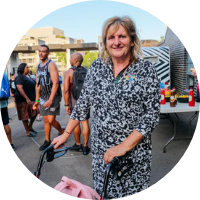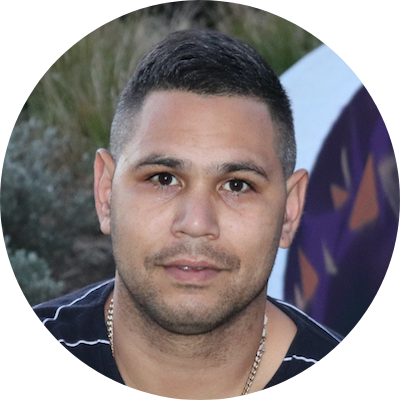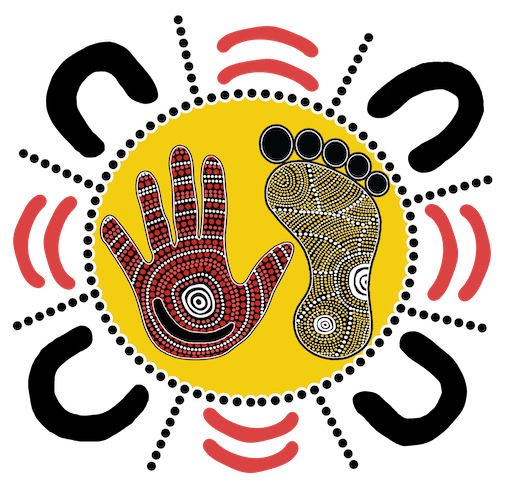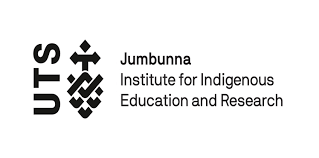Digital Roundtable: Spotlight on the NSW report into First Nations deaths in custody and reflection on the 30 year anniversary of the Royal Commission
Event description
This month the NSW inquiry into First Nations deaths in custody will release its final report and recommendations.
This report will be the result of months of tireless campaigning of protesters, activists and organisers in the #BlackLivesMatter movement, who pushed the NSW Parliament to establish the inquiry to address the 30 years of inaction and silence that have passed since the 1991 Royal Commission.
In this digital roundtable on April 20, we will explore the truth-telling that occurred at the inquiry, analyse its recommendations, and discuss the next steps we must take to stop First Nations deaths in custody and end the incarceration crisis.
We invite you to join us at this important discussion and hear about the need for change, because what comes out of the NSW inquiry will be important for families who are seeking justice, for young First Nations people subject to over-policing, and for communities who are experiencing the devastating effects of Australia’s incarceration crisis.
We will be joined by Aunty Glendra Stubbs, Paul Silva, Alison Whittaker, Karly Warner, Keenan Mundine, and Larissa Behrendt.
..........................................................................................
- Aunty Glendra Stubbs

Aunty Glendra Stubbs is a Wiradjuri woman with 40 years’ experience providing advice and practical assistance to survivors of trauma. She has long experience in supporting families and working through the issues that arise from out-of-home care.
Aunty Glendra has worked with a number of state and national bodies including as an Aboriginal Engagement Advisor for the Royal Commission into Institutional Responses to Child Sexual Abuse, the National Stolen Generations Alliance, and Metro Migrant Resource Centre. She is the Elder-in-Residence of the University of Technology Sydney (UTS).
- Paul Silva:

Paul is a Dunghutti man, activist and member of the Dungay family who has devoted his time to advocating for systematic change to stop Aboriginal deaths in custody. Over the last five years, Paul has been tirelessly demanding justice for his late uncle David Dungay Jr. who died in custody in 2015. Paul’s campaigning has placed him at the forefront of the #BlackLivesMatter movement.
- Alison Whittaker:

Alison is a Gomeroi woman, poet and legal scholar from Gunnedah and Tamworth in north-western NSW. She is a passionate and courageous storyteller and works primarily in media law and Aboriginal women’s law and policy.
Alison is a senior research fellow at the Jumbunna Institute for Indigenous Education and Research, and she has recently joined the Advisory Board of National Justice Project.
- Karly Warner:

Karly Warner is a Tasmanian Aboriginal woman and lawyer who grew up in regional north-east Victoria, on Yorta-Yorta and Dhudhuroa country. Karly joined the Aboriginal Legal Services (NSW/ACT) after a number of years leading the National Aboriginal and Torres Strait Islander Legal Services (NATSILS) where she advocated for Aboriginal and Torres Strait Islander communities across the country.
Previously, Karly was a practicing lawyer at the Victorian Aboriginal Legal Service Co-operative Limited, with experience working across criminal, civil, child protection and family law. Karly has also worked in legal policy roles within the public service.
- Keenan Mundine:

Keenan Mundine is the Co-Founder of Deadly Connections. Keenan is a proud First Nations man with connections to the Biripi Nation of NSW and ties to the Wakka Wakka Nation in Queensland.
Keenan and his wife, Carly Stanley, founded Deadly Connections as a unique, community-led solution and response to the current mass incarceration and child protection crisis of First Nations people. With the combined practical experience of Keenan’s lived experience and his wife’s professional skills and academic qualifications, as First Nations people they are committed to changing the narrative for their mob and communities.
- Larissa Behrendt AO FASSA:

Larissa Behrendt is a legal academic, writer, filmmaker and Indigenous rights advocate of the Eualeyai/Kamillaroi peoples. She is a Professor of Law and Director of Research and Academic Programs at the Jumbunna Institute for Indigenous Education and Research (UTS), and she holds the inaugural Chair in Indigenous Research.
The event is co-hosted by The National Justice Project, Deadly Connections, the ALS NSW/ACT, and the Jumbunna Institute for Indigenous Education and Research.
..........................................................................................

The National Justice Project is a civil rights organisation dedicated to tackling systemic discrimination. The National Justice Project engages in strategic legal action, social justice education and fearless advocacy to create change.
To donate to the National Justice Project, click here.

Deadly Connections positively disrupts intergenerational disadvantage, grief, loss, trauma by providing holistic, culturally responsive interventions and services to First Nations people and communities, particularly those who have been impacted by the child protection and/or justice systems.
To donate to Deadly Connections, click here.
Aboriginal Legal Service (NSW/ACT)

The Aboriginal Legal Service opened its doors in 1970 as the first Aboriginal Legal Service in Australia. The ALS does legal work in criminal law, children’s care & protection law and family law. The ALS also supports the development of wraparound programs and undertakes broader policy and law reform work. It fights for the rights of Aboriginal and Torres Strait Islander peoples in NSW and the ACT.
To donate to the ALS (NSW/ACT), click here.
Jumbunna Institute for Indigenous Education and Research

The Jumbunna Institute for Indigenous Education and Research aims to produces the highest quality research on Indigenous legal and policy issues and to develop highly skilled Indigenous researchers.
To learn more about the Jumbunna Institute, click here.
Tickets for good, not greed Humanitix dedicates 100% of profits from booking fees to charity


